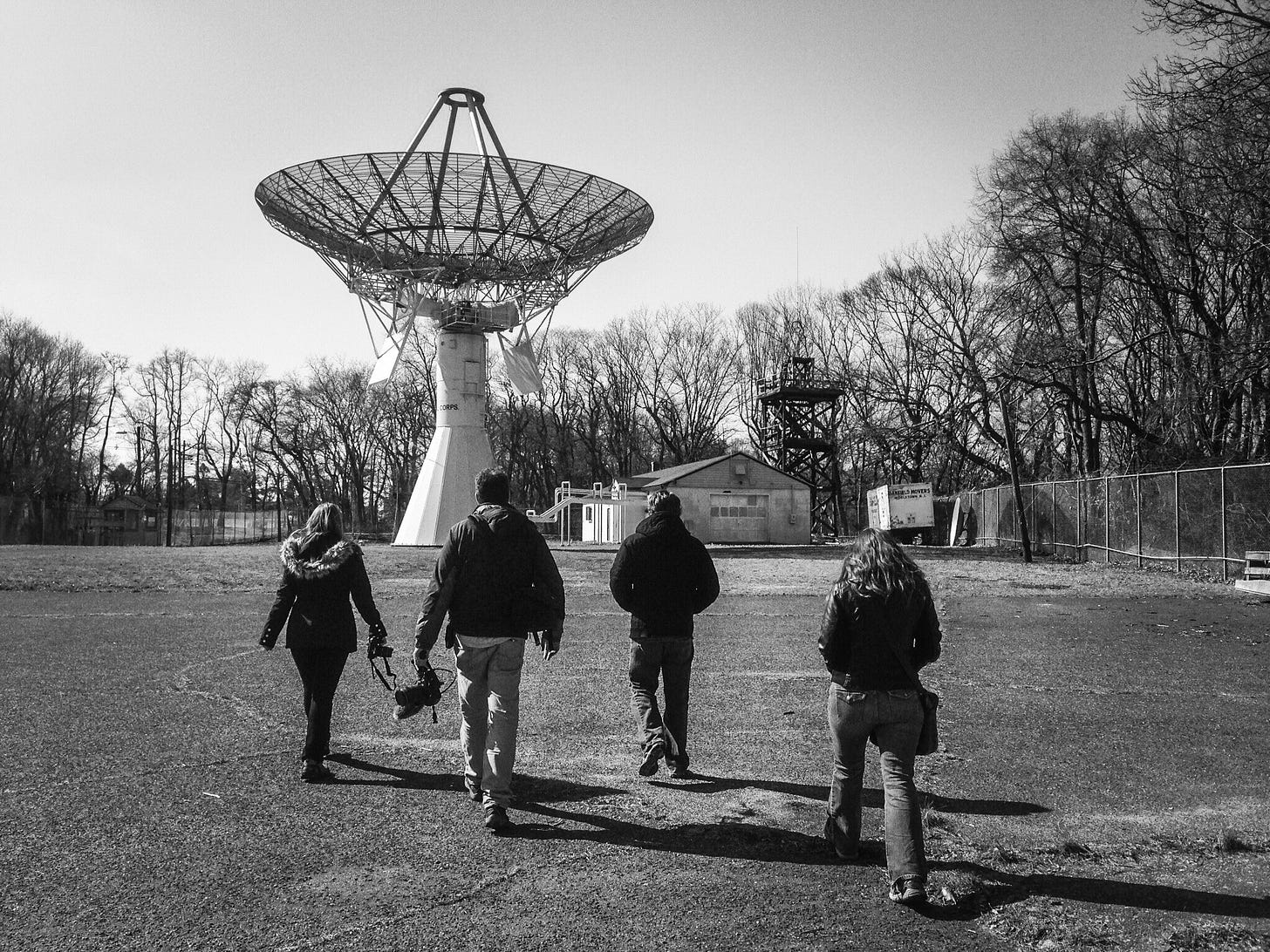Michael Mann on why we need decisions informed by evidence
Leading climate scientist explains in Earth Intel interview what is at stake in our application of best available climate science
We devoted Episodes 18 and 19 of the Earth Intelligence podcast to a two-part interview with Dr. Michael Mann—one of the world’s most influential climate scientists. Dr. Mann has not only contributed to the most significant, respected, and comprehensive climate science reports; he is a consistent and world-leading voice for the urgency of ensuring decisions about our future are based in honorable engagement with evidence.
In Part 1 of our interview, Dr. Mann talked about “the new climate war”—the new stage in the well-funded, coordinated campaign of disinformation designed to sow confusion and slow the deployment of climate solutions. In this new phase in the quest of a privileged few to deny climate security to everyone else, denial is no longer the only approach; now, they use “doom-mongering” to sow despair and undermine faith in those working to achieve real climate solutions.
One question I felt compelled to ask was about the wider impact of coordinated disinformation funded by hundreds of millions of dollars. “Our public space,” I noted, “has become polluted with the misconception that all thoughts, no matter how random, hapless or baseless, are somehow equal, and so if a thought is inconvenient, you can just dismiss it.” Then I asked:
Do you feel that people are being denied access to reality, they’re being told not to aim for the best possible world, and ultimately they’re being robbed of their personal sovereignty?
Dr. Mann said he worries that what was “a localized cancer” focused on climate disinformation has now “metastasized to our entire body politic.” He added:
We could see how deadly that anti-science was in real time. We could measure the toll of that science denial in human lives that have now reached a half million or so here in the United States alone. That toll was directly measurable, and yet people were still resistant to what the science had to say.
A key takeaway from this discussion was the insight that if we are to be a free, self-governing, and prosperous people, we need to be able to access scientific evidence and share in the benefits of its best application.

In Part 2, we focused on the challenge of tracing, measuring, and avoiding the costs of climate-disrupting carbon pollution. Dr. Mann noted that when we emit carbon-based, heat-trapping compounds into the atmosphere, we are doing real damage to the balance of Earth’s climate system.
That is not news. The 1992 United Nations Framework Convention on Climate Change—a treaty signed and ratified under Republican President George H.W. Bush—took stock of global heating science and committed 196 nations to the work of preventing “anthropogenic interference with the climate system”.
What is news is that catastrophic effects are coming much closer to the worst-case timeline than conservative mainstream estimates anticipated. Last summer, citing record wildfires across the US, tropical cyclone “swarms” and Siberian “zombie fires” that smolder under winter snow, we reported for Resilience Intel that:
The threat of multiple natural and human systems experiencing simultaneous major shock events is steadily rising. This isn’t alarmism about the future; this is happening now.
In November, the Federal Reserve Bank announced it would join the group of central banks working to establish a climate-smart financial system, capable of ensuring we no longer invest in the destabilization of the climate and other natural systems.
Dr. Mann’s offered a critical note of optimism, on the very short timeline we have to avoid the worst climate emergency impacts, saying:
There is a direct and immediate impact on the warming of the planet from our efforts to reduce carbon emissions. The science very clearly indicates that, and it very clearly indicates that there is still time to prevent catastrophic warming of the planet, more than 1.5ºC (3ºF) warming of the planet, if we take dramatic action now.
To guard against the most menacing impacts of a destabilized climate, we need to be able to access and benefit from the best-available science. In Episode 9 of Earth Intelligence, we examined this question of science as a right.
We talked about the burst of breakthrough science and engineering connected to NASA’s Apollo Program, which landed human beings on the Moon. A look back at the fascination with that unprecedented rapid increase in scientific knowledge and engineering shows us:
it became an intuitive reality to the general public that [scientific] precision is service to everyone, that what was happening in the development of that science was the possibility of improving the condition of all of humankind, and therefore that… science is heroic.
Whether we are talking about COVID-19 or the climate crisis, we need to remember that the best science is heroic in its implications. If we put science to work, we can increase our changes of achieving the smartest, safest, most sustainable kind of inclusive prosperity.
Go to Earthintel.org to listen to more illuminating discussions, and subscribe on your favorite podcasting platform.


